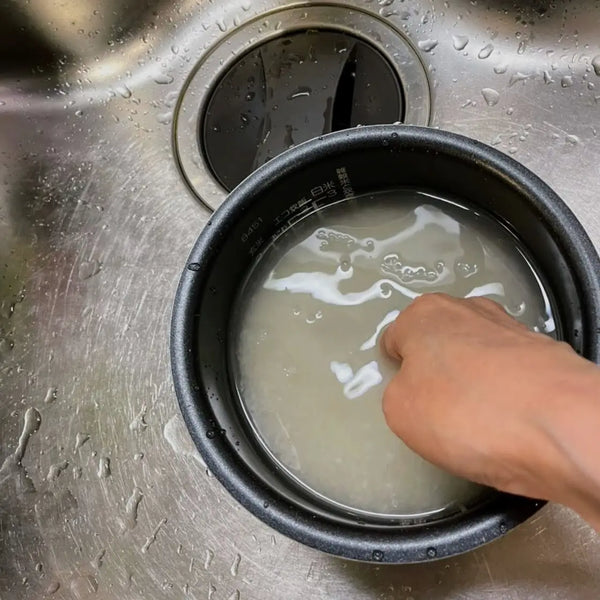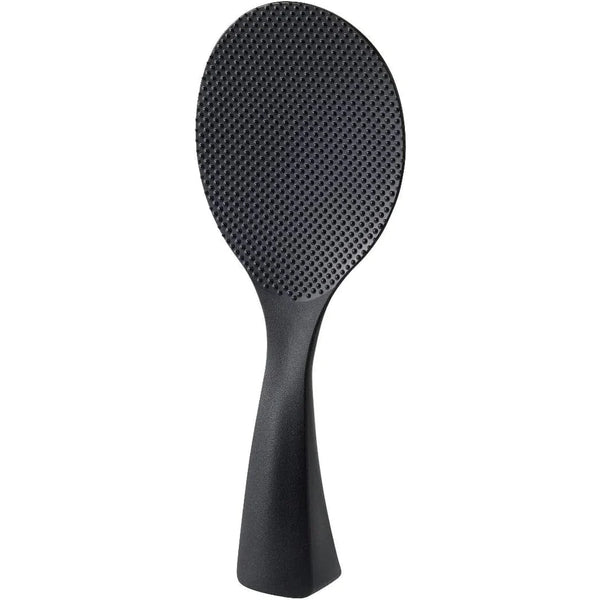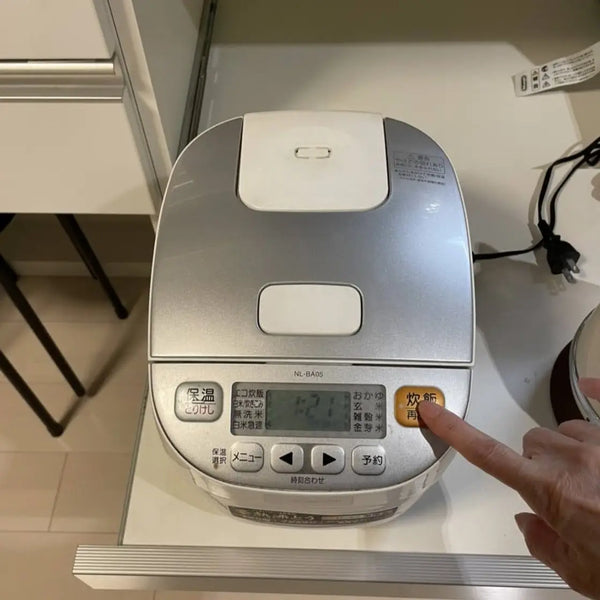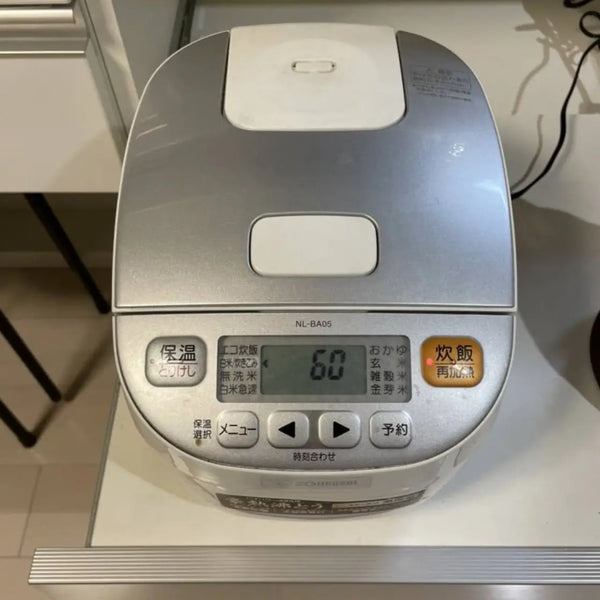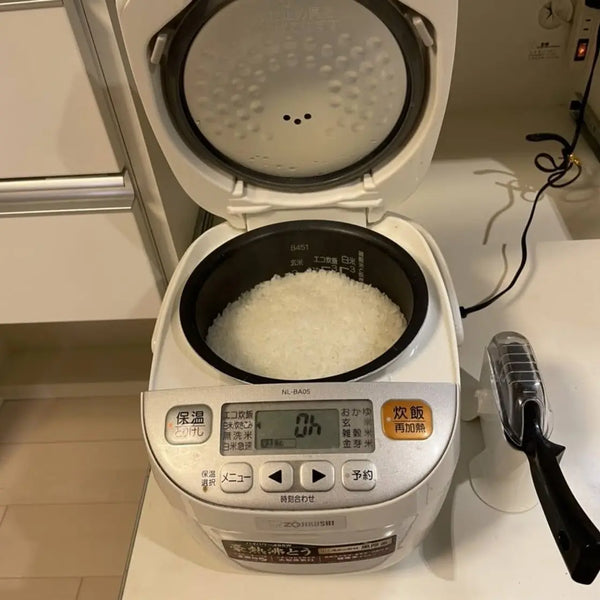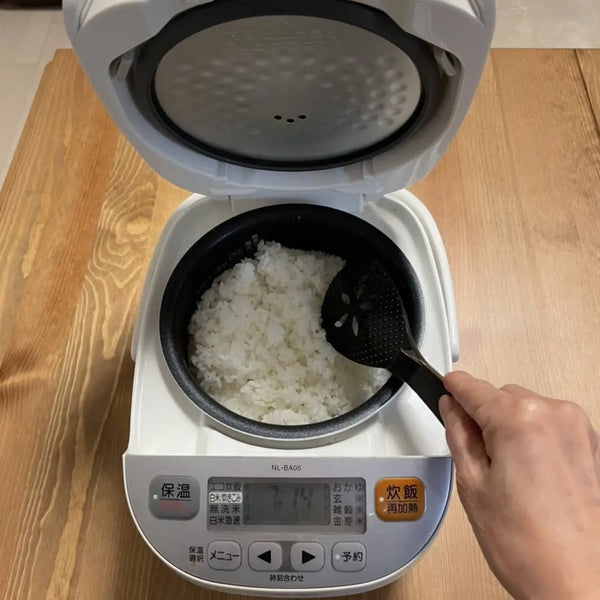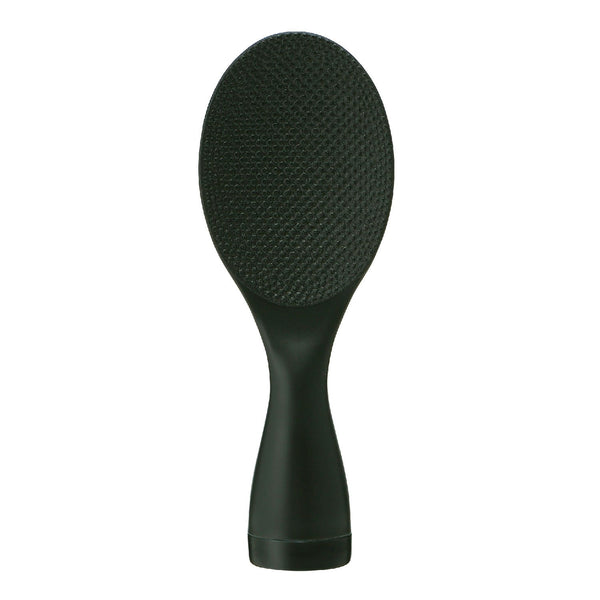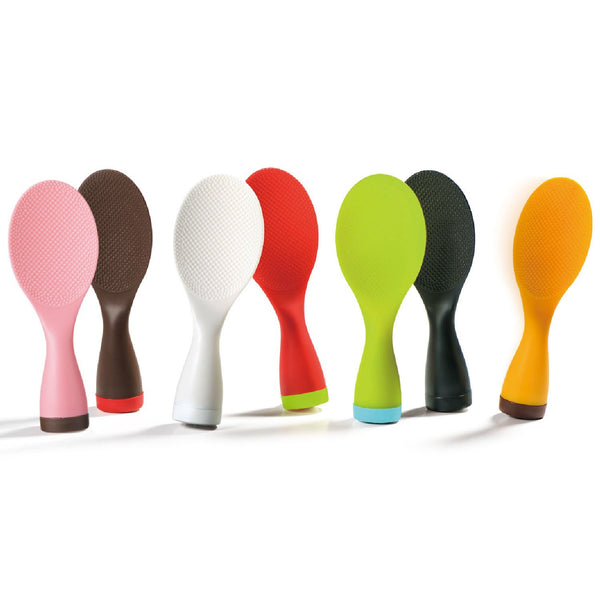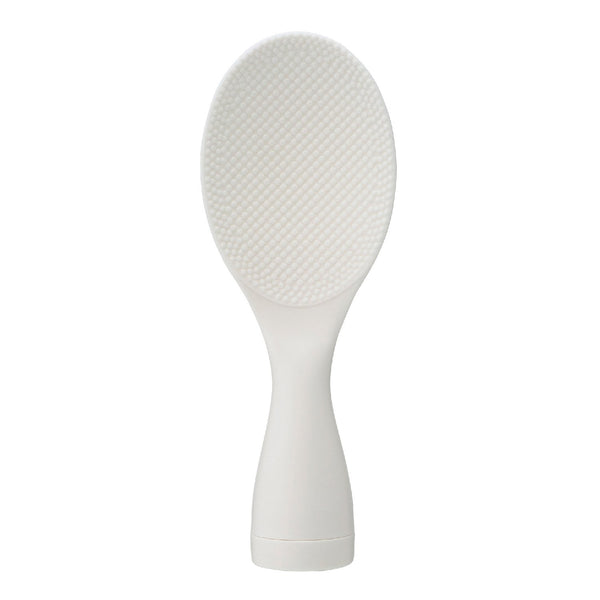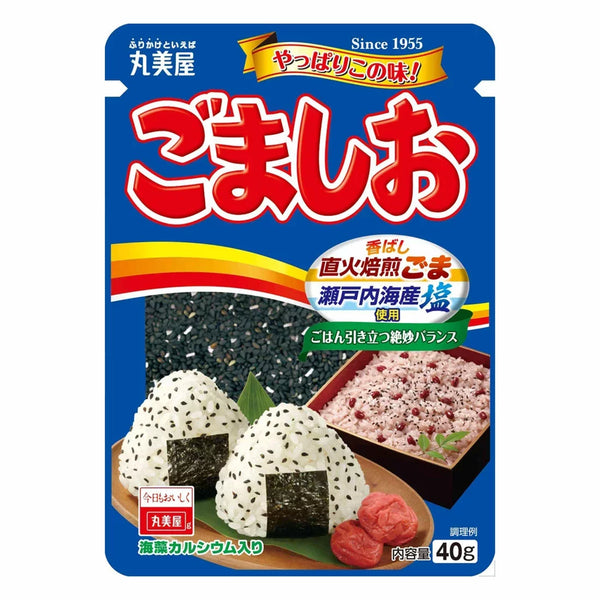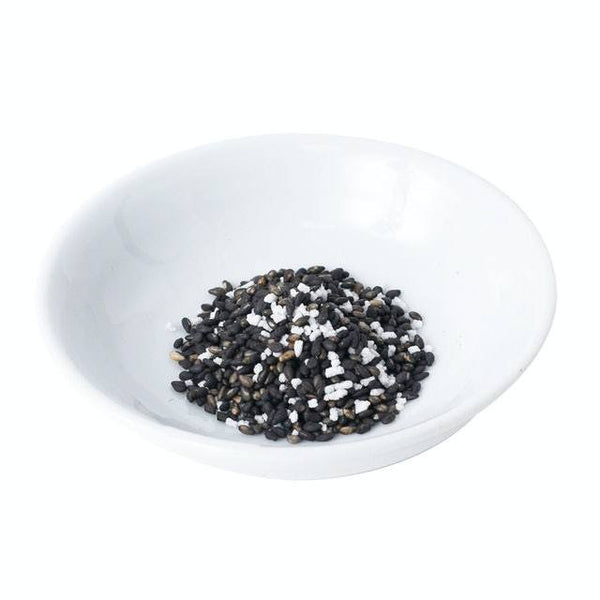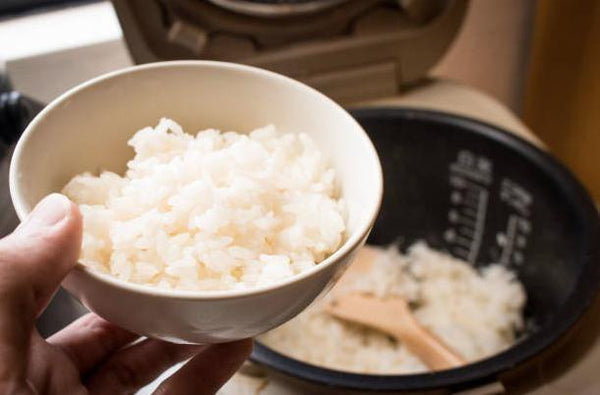
Rice, the main staple food of Japanese people, is cooked daily in Japanese households. As a staple, it holds a lot of value in Japanese cuisine and serves many purposes. It is often enjoyed along with other flavorful side dishes, is used as the base for donburi (Japanese rice bowl), is used to make onigiri (rice balls) and more.
While rice is of course eaten by Japanese families everyday, there are many people around the world who also enjoy rice as a staple food. Furthermore, there are many people who want to eat more rice dishes, or want to invest in a high quality rice cooker but don't know if the investment is worth it.
In Japan, most families opt for cooking rice in electric rice cookers over pots for convenience sake. You may have heard about how high tech Japanese rice cookers are, and they really do have a lot of useful functions. The main advantage of using a rice cooker is that it knows how the rice should be cooked. It can detect how long the rice has been soaked for, how much rice and water are in the cooker, and it knows what heat setting it should use. Another handy function about Japanese rice cookers is that they have a reservation function setting where you can indicate when you would like your rice to start and finish cooking. For example, if you would like freshly cooked rice to be prepared first thing in the morning, you can add the rice and water to the rice cooker before going to bed, and set it to finish cooking the rice by the time you wake up.
If you eat rice often, it may be worth investing in a Japanese rice cooker for all of the functions we listed above. What's more is that you can make other dishes such as porridge, mixed rice, and even cake in a rice cooker!
You may be thinking, but how can I get perfect rice every single time? We're going to give you all the tips and tricks to making fool-proof, delicious short-grain Japanese rice in the rice cooker without fail.

